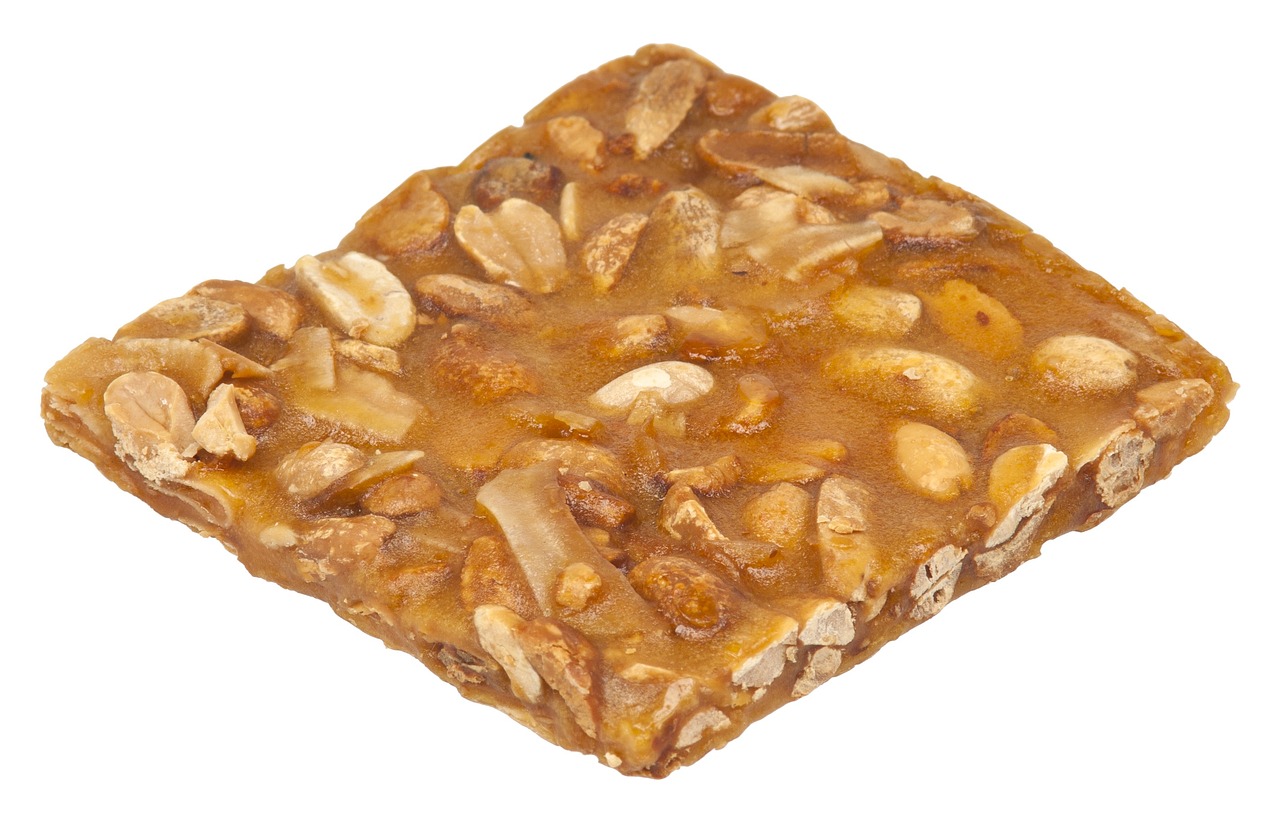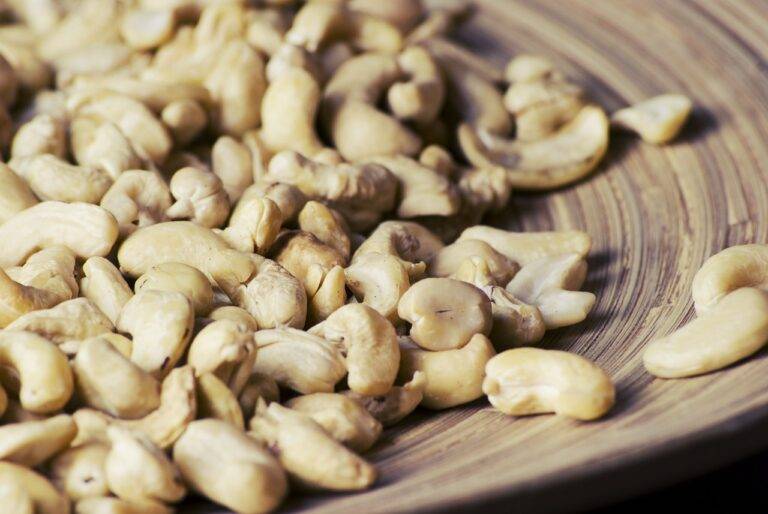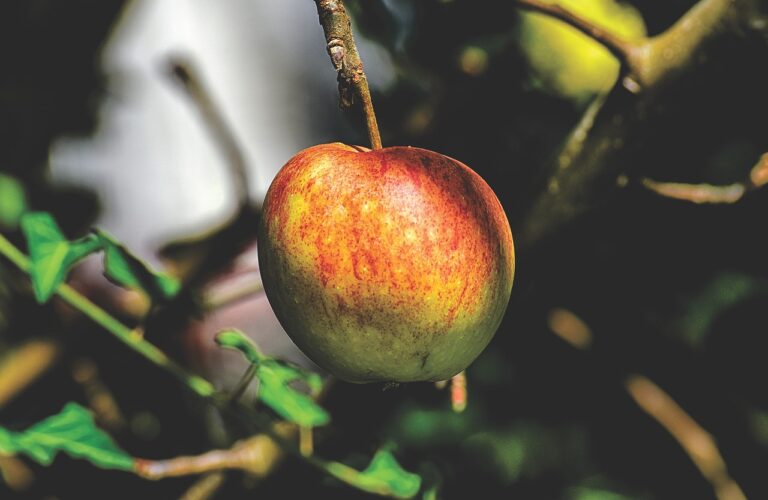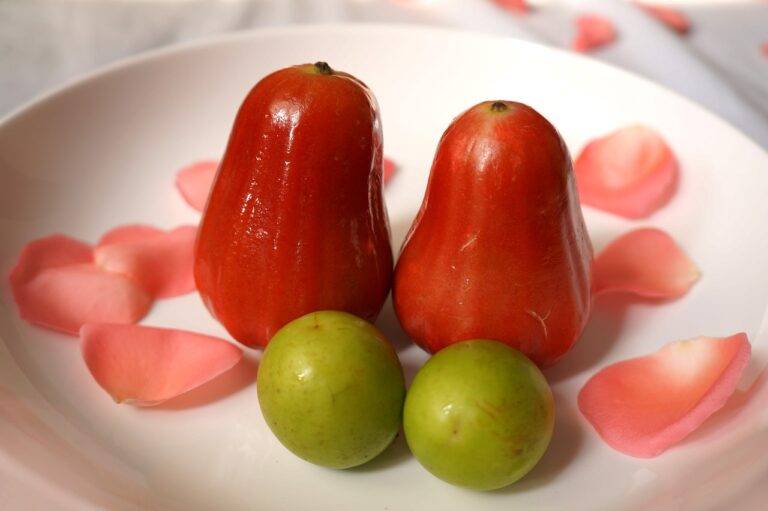The Science of Fermented Beverages: Exploring the Microbiome-Friendly World of Drinks.
Fermentation, the process of converting carbohydrates into alcohol or organic acids using microorganisms, dates back thousands of years. It is believed that early humans stumbled upon this transformative process accidentally when grains or fruits were left in a moist and warm environment. The natural yeasts and bacteria present in the surroundings led to the fermentation of sugars, creating alcoholic beverages.
As civilizations developed, intentional fermentation became a common practice across various societies. Ancient Sumerians brewed beer as early as 4000 BC, while the Chinese were fermenting rice to make a precursor of modern-day sake around 7000 BC. The Egyptians are also known to have brewed beer and wines, with evidence dating back to around 3000 BC. Fermented beverages not only provided nourishment but also played a crucial role in social, cultural, and religious practices throughout history.
• Fermentation is the process of converting carbohydrates into alcohol or organic acids using microorganisms
• Early humans stumbled upon fermentation accidentally when grains or fruits were left in a moist and warm environment
• Ancient Sumerians brewed beer as early as 4000 BC
• Chinese were fermenting rice to make a precursor of modern-day sake around 7000 BC
• Egyptians brewed beer and wines with evidence dating back to around 3000 BC
The Role of Microorganisms in Fermentation
Fermentation, a natural process harnessed by humans for centuries, relies heavily on microorganisms to transform raw ingredients into flavorful beverages. These tiny living organisms, including bacteria, yeast, and molds, play a crucial role in breaking down sugars and other components in the fermentation process. Through this metabolic activity, microorganisms produce alcohol, acids, and gases, contributing to the unique taste and texture of fermented beverages.
Different types of microorganisms are used in various fermentation processes, each imparting distinct characteristics to the final product. Yeast, for example, is commonly used in beer and wine production, where it converts sugars into alcohol and carbon dioxide through the process of anaerobic respiration. Meanwhile, lactic acid bacteria are instrumental in fermenting dairy products like yogurt and kefir, imparting tangy flavors and aiding in preservation. By understanding the specific roles of microorganisms in fermentation, producers can manipulate these processes to create a wide array of fermented beverages enjoyed around the world.
Types of Fermented Beverages Around the World
Fermented beverages have a rich and diverse history across different cultures and countries. In Russia, kvass is a traditional fermented drink made from rye bread and often flavored with fruits or herbs. This tangy and slightly sour beverage is popular during the summer months.
Moving on to Japan, sake is a well-known fermented rice wine that has been enjoyed for centuries. Sake is an integral part of Japanese culture and is often used in religious ceremonies and celebrations. With its unique flavor profile and brewing process, sake holds a special place in the hearts of many Japanese people.
What is the history of fermented beverages?
Fermented beverages have been enjoyed by humans for thousands of years, with evidence of their consumption dating back to ancient civilizations such as the Sumerians, Egyptians, and Chinese.
How do microorganisms play a role in fermentation?
Microorganisms such as yeast and bacteria are crucial in the fermentation process, as they break down sugars in the beverage to produce alcohol and other byproducts that give fermented beverages their unique flavors.
What are some types of fermented beverages around the world?
Some popular types of fermented beverages around the world include beer, wine, sake, mead, kombucha, kefir, and kvass.
Are fermented beverages alcoholic?
Many fermented beverages contain alcohol as a byproduct of the fermentation process, although there are also non-alcoholic fermented beverages such as kombucha and kefir.
Can fermented beverages be beneficial for health?
Some fermented beverages contain probiotics, which are beneficial bacteria that can promote gut health and digestion. However, it is important to consume fermented beverages in moderation.







